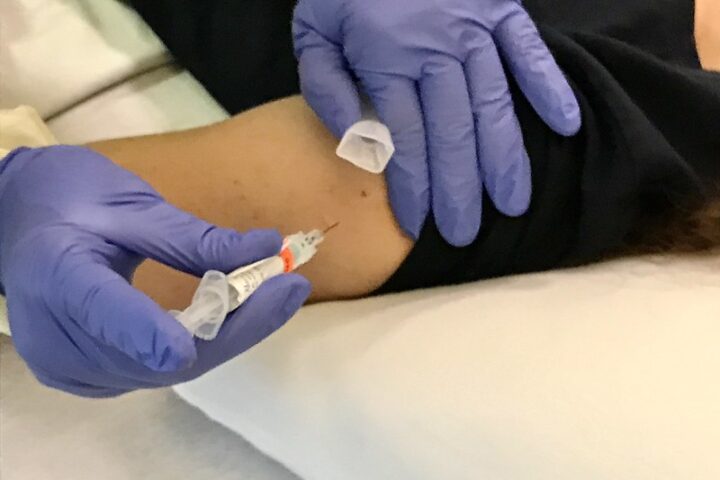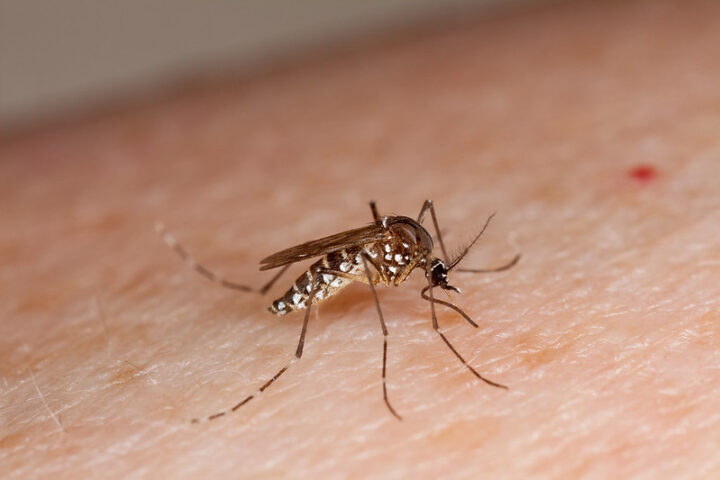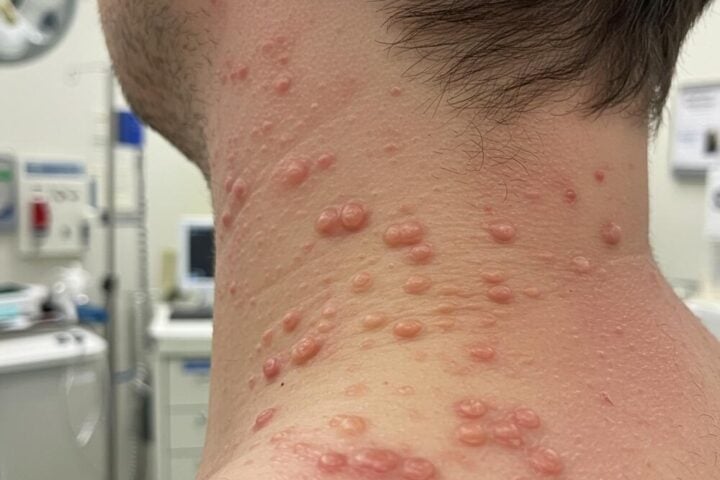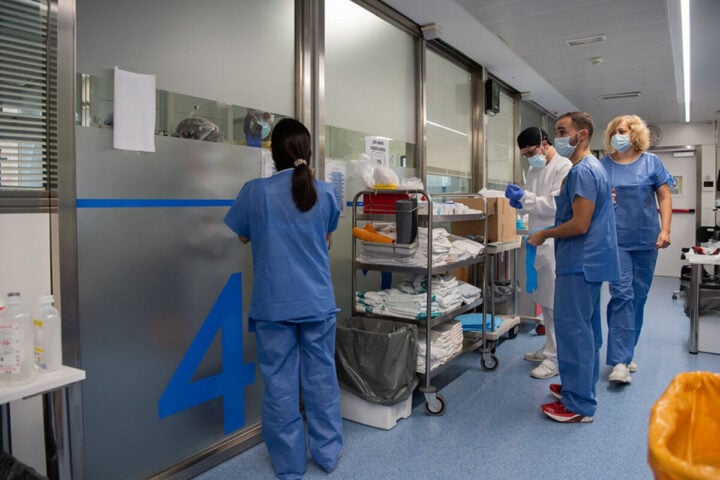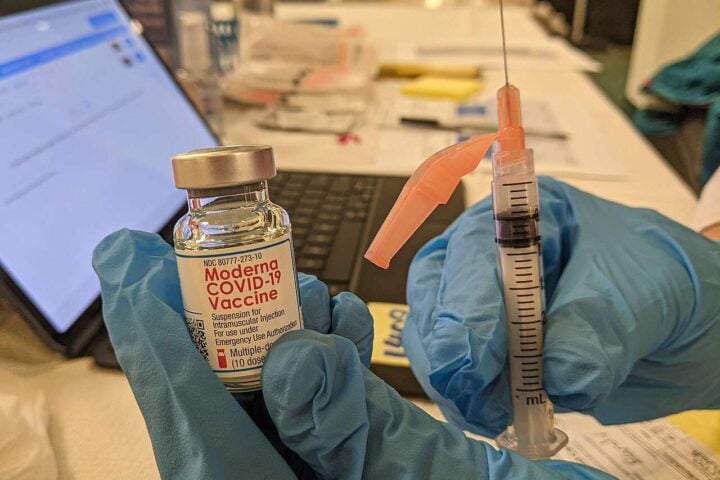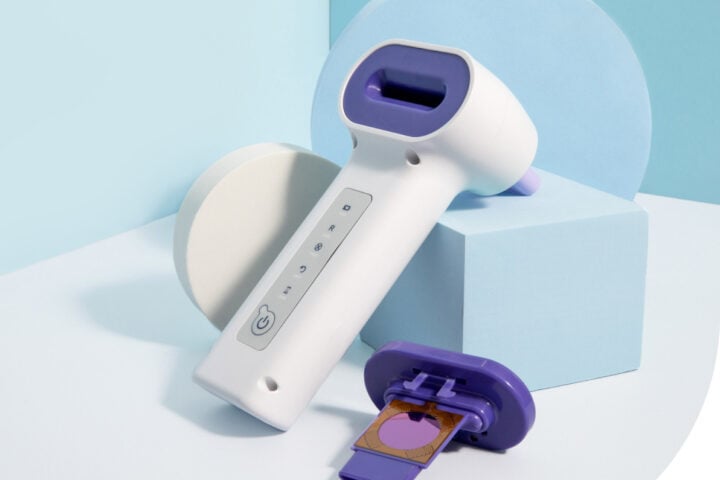Fast-food giant McDonald’s is confronting a severe multi-state E. coli outbreak that has left nearly 50 people ill and claimed one life. The U.S. Centers for Disease Control and Prevention (CDC) has initiated an investigation into the outbreak, which is linked to the chain’s signature Quarter Pounder burgers.
According to the CDC, as of October 22, 2024, 49 individuals across 10 states have been infected with the outbreak strain of E. coli O157:H7. Illnesses began appearing from September 27 to October 11, with Colorado and Nebraska being the most heavily impacted states.
The affected individuals range in age from 13 to 88 years, with a median age of 26. Notably, 63% of those affected are male. The outbreak has led to 10 hospitalizations due to severe complications, and tragically, one older adult in Colorado has succumbed to the illness.
The CDC believes that the actual number of sick individuals is likely much higher than reported, as many recover without seeking medical attention. Symptoms of E. coli infection can include severe stomach cramps, bloody diarrhea, vomiting, and fever.
Ron Simon & Associates, in collaboration with Meyers & Flowers, LLC, has already filed the first E. coli lawsuit against McDonald’s on behalf of Colorado resident Eric Stelly. “This outbreak is likely to be one of the most significant food poisoning outbreaks this year,” declared Ron Simon, the lead attorney representing Stelly and at least 10 other families.
Although a specific ingredient has not been definitively identified as the outbreak’s source, preliminary information from the FDA points to the slivered onions or beef patties on Quarter Pounder sandwiches as the likely culprits. In response to these findings, McDonald’s has proactively removed these ingredients from restaurants in Colorado, Kansas, Utah, Wyoming, and portions of several other states.
The CDC’s investigation into the outbreak is progressing rapidly. “We fully expect to see more cases,” stated CDC spokesman Tom Skinner. “McDonald’s has moved rather quickly to take action to, hopefully, prevent as many cases as possible.”
As a precautionary measure, the Quarter Pounder has been temporarily removed from menus in approximately one-fifth of McDonald’s 14,000 U.S. locations. In a statement released Tuesday, McDonald’s emphasized, “Serving customers safely in every single restaurant, each and every day, is our top priority.”
During an appearance on NBC’s “Today” show Wednesday, Joe Erlinger, President of McDonald’s USA, addressed concerns about the outbreak. “We are very confident that you can go to McDonald’s and enjoy our classics” without getting sick, he assured viewers. However, Erlinger acknowledged that reported illnesses may increase as the CDC continues its investigation.
Veteran food safety attorney Bill Marler, who represented victims in the notorious 1993 Jack in the Box E. coli outbreak, believes McDonald’s will face significant liability for the contamination. “We’re still in the early stages of how McDonald’s is going to handle this,” he cautioned.
The current outbreak underscores the critical importance of stringent food safety measures and swift response systems. “These types of outbreaks are never going to completely go away,” noted Dr. Daniel Pastula, Professor of Neurology, Infectious Disease, and Epidemiology at the University of Colorado. “We need to be able to respond quickly and prevent future cases from happening as much as we possibly can.”
Similar Posts
The devastating impact of the outbreak is particularly evident in Western Colorado, where more than a dozen residents have fallen ill, and one person has died. Mesa County Public Health reported that at least 10 of the state’s 26 confirmed E. coli cases were identified in Mesa County alone, including the nation’s sole fatality.
Erin Minnerath, Deputy Director at Mesa County Public Health, highlighted the ongoing investigation efforts: “We have local experts on hand with an efficient system in place to handle these situations. This helps with the speed of investigations to help prevent additional people from becoming sick.”
As the investigation continues and more cases potentially emerge, the McDonald’s E. coli outbreak serves as a stark reminder of the paramount importance of food safety vigilance at every level of the supply chain. The collaboration between federal agencies, local health departments, and the fast-food industry will be crucial in containing the outbreak, identifying the root cause, and implementing preventive measures to safeguard public health.
In the meantime, consumers are advised to stay informed, follow updates from health authorities, and promptly report any suspected E. coli symptoms to their healthcare providers. The resilience of the public, coupled with the tireless efforts of health officials and food safety experts, will be key to navigating this challenging and evolving situation.
As the investigation unfolds, consumers are advised to seek immediate medical attention if they experience severe E. coli symptoms after eating at McDonald’s. The CDC recommends watching for signs such as diarrhea accompanied by a fever higher than 102°F, bloody diarrhea, excessive vomiting, or indications of dehydration.With the number of cases expected to rise and the potential for long-lasting impact on the fast-food titan’s reputation, the McDonald’s E. coli outbreak is poised to become one of the year’s most significant food safety challenges. As the CDC, FDA, and USDA work diligently to pinpoint the contamination source, consumers and industry experts alike are watching closely to see how this public health crisis unfolds.



